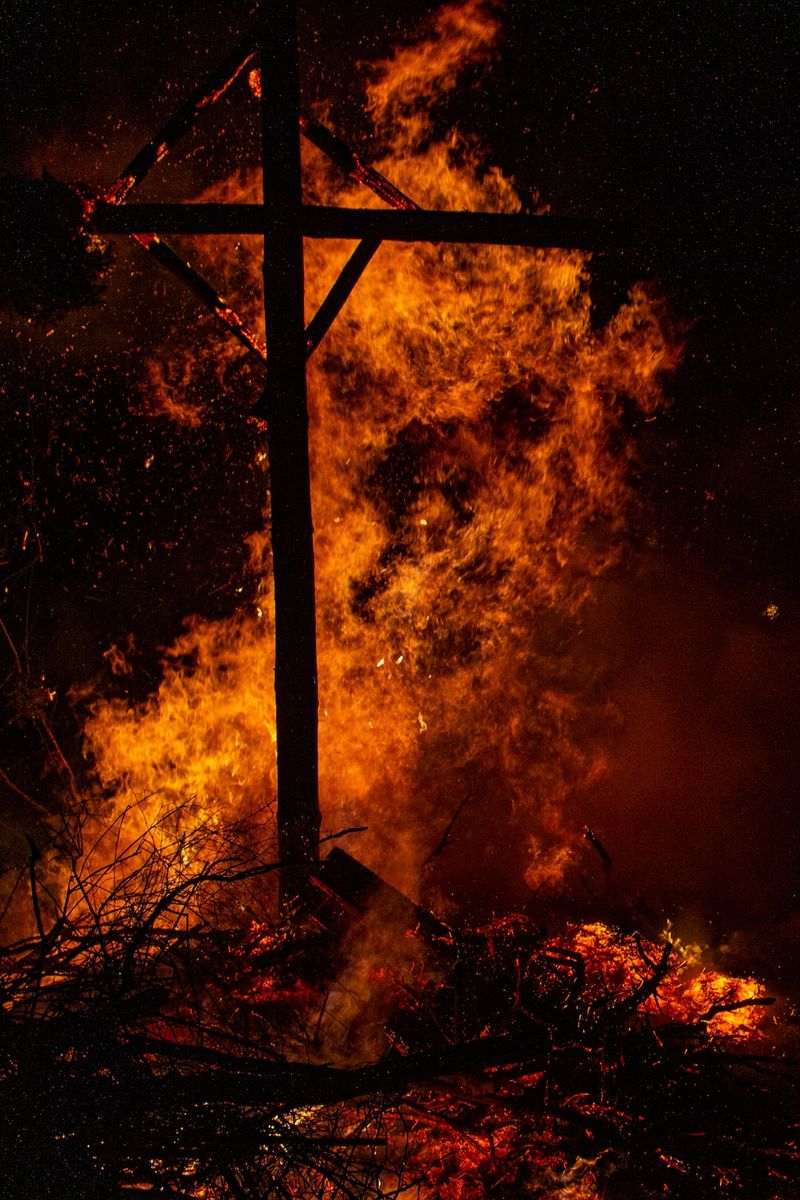Forest Fires Trigger Health Concerns in Ontario and Quebec
Special Air Quality Statement Issued by Environment Canada
A special air quality statement has been issued by Environment Canada for Orillia – Barrie – Midland due to the rising level of air pollution resulting from forest fires. Smoke plumes from local forest fires as well as those in Quebec have caused poor air quality and reduced visibility in the affected areas. The Air Quality Health Index (AQHI) indicates moderate to high risk values, meaning that everyone in the affected areas can potentially suffer from health-related issues.
Wildfire Smoke: Health Concerns
Forest fires contribute significantly to poor air quality, especially in heavily wooded areas known for their forests. As a result, people exposed to wildfire smoke are susceptible to various respiratory problems such as asthma, bronchitis, and other health concerns related to air pollution. Studies have shown that prolonged exposure to wildfire smoke increases the risk of health issues such as heart disease, lung cancer, and stroke.
High Risk Group: The Elderly, Pregnant Women, and Children
Wildfire smoke poses the greatest threat to people with heart and lung disease, the elderly, pregnant women, children, and people working outdoors. Health experts warn that people in these high-risk groups should be proactive in reducing their exposure to wildfire smoke by following the guidelines issued by the authorities.
Measures to Reduce Exposure to Wildfire Smoke
Health authorities recommend several measures to help people reduce their exposure to wildfire smoke. If breathing becomes uncomfortable, reduce your activity level or move to a location with clean, cool air. Keep your windows and doors closed if the temperature inside your home is comfortable and use a high-efficiency particulate air (HEPA) filter as well as your home’s HVAC system to recirculate the air. People spending time outdoors can use a well-fitted respirator type mask or avoid going outside altogether.
Community Health and Environmental Hazards
Forest fires are a major environmental hazard that affects not only human health but also the surrounding ecosystem. Smoke from forest fires consists of fine particles and toxic gases that can harm the environment and negatively impact the ecosystem and wildlife. Therefore, it is up to all of us to be proactive in our approach to preventing forest fires and limiting the potential damage that forest fires might cause.
Editorial: Prioritizing Health and Safety
The rising level of air pollution caused by forest fires in Ontario and Quebec is a matter of serious concern. The well-being and health of Canadians are of paramount importance and efforts must be made to ensure that vulnerable populations receive the necessary support to mitigate the risk of health issues related to air pollution. This includes the provision of necessary medical care and medication for individuals with respiratory issues as well as taking measures to minimize exposure to wildfire smoke.
Advice
The website of Environment Canada provides valuable information on how to reduce health risks and personal contributions to pollution levels. Individuals must take their health seriously and take all necessary precautions to reduce their exposure to wildfire smoke. The responsibility to maintain good health is shared by everyone in the community, and we must work collaboratively to ensure that our environment remains healthy for generations to come.

<< photo by Paul Keiffer >>
You might want to read !
- Smoky skies: Forest fires in Ontario, Quebec affecting air quality in local areas
- Transportation Safety Board launches probe into plane crash that caused sonic boom over Ontario
- “Paul Bernardo’s Transfer: Correctional Service to Re-examine Decision”
- Why the latest poll showing Trudeau in the lead is not a reason to celebrate
- “The Idol” debuts on HBO with sleek visuals but lackluster content
- Clova, un village oublié en Haute-Mauricie, ravagé par les flammes
- Smoke from 150 Wildfires in Quebec Chokes Air with Smog




